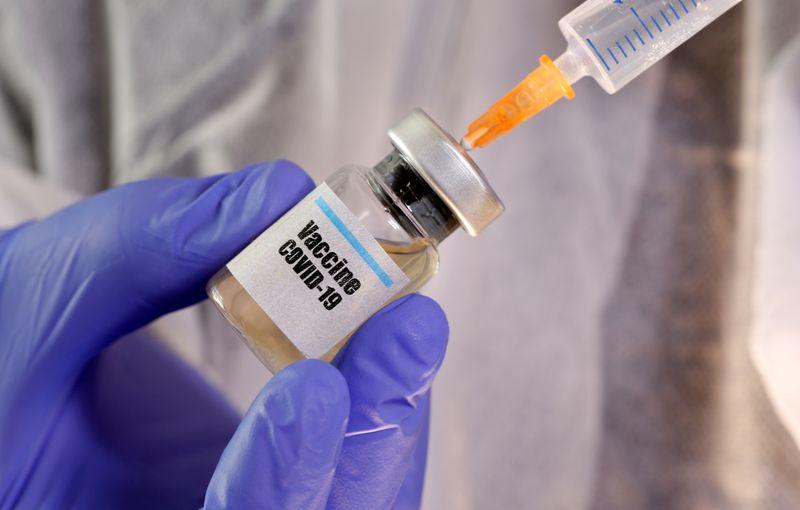On Monday, Morgan Stanley (NYSE:MS) reaffirmed its Equalweight rating and $95.00 stock price target for Moderna (NASDAQ:MRNA), as the biotechnology company announced positive results from its Phase 3 trial of mRNA-1083, a combination vaccine for influenza and COVID-19. The trial met its primary endpoints, suggesting a potential boost to Moderna's COVID-19 vaccine franchise.
The Phase 3 trial involved approximately 8,000 adults divided into two age groups. The first group, consisting of individuals 65 years and older, was given mRNA-1083 to compare against co-administered Fluzone HD, a high-dose flu vaccine, and Spikevax, Moderna's COVID-19 vaccine.
The second cohort, adults aged 50 to 64, received mRNA-1083 in comparison to co-administered Fluarix, a standard-dose flu vaccine, and Spikevax. The results indicated that a single dose of mRNA-1083 produced immune responses that were non-inferior to those of the licensed vaccines used as comparators.
In addition to meeting non-inferiority criteria, mRNA-1083 elicited significantly higher immune responses against three influenza virus strains (H1N1, H3N2, and B/Victoria) and against SARS-CoV-2, the virus that causes COVID-19.
The vaccine also met the non-inferiority benchmarks for the B/Yamagata strain of influenza, although the World Health Organization has recommended excluding this strain from the 2024/2025 influenza vaccine composition due to its absence in recent virus circulation.
The safety profile of mRNA-1083 was deemed acceptable, with the majority of adverse reactions being mild or moderate in severity. The most common side effects reported were pain at the injection site, fatigue, muscle pain, and headache.
Moderna plans to present the detailed findings of the Phase 3 study at a forthcoming medical conference and to publish the data. The company will also discuss the full data set with regulatory authorities. According to Moderna's first-quarter earnings report, these results could strengthen the submission for the flu component of the vaccine, mRNA-1010, as a standalone therapy.
Moderna continues to anticipate that initial approval by regulators will be based on immunogenicity data, with vaccine efficacy data to follow as part of a post-marketing commitment. Moderna is aiming for a 2025 launch of the combination vaccine.
In other recent news, Moderna has seen significant developments in its vaccine trials and approvals. The company's investigational mRNA-1083 vaccine, designed to target both influenza and COVID-19, achieved its primary endpoints in a Phase 3 trial, outperforming standard flu and COVID-19 vaccines in adults aged 50 and above.
Moreover, Moderna's mRNA-4157, in combination with Merck's KEYTRUDA, has shown promising results in a Phase 2b clinical trial, reducing the risk of recurrence or death in high-risk melanoma patients by 49% compared to KEYTRUDA alone.
Moderna has also received FDA approval for mRESVIA, its mRNA-based vaccine designed to protect adults aged 60 and over from lower respiratory tract disease caused by the Respiratory Syncytial Virus (RSV). RBC Capital Markets has subsequently upgraded Moderna's shares following this approval. Furthermore, Piper Sandler maintained an overweight rating on Moderna shares, reaffirming its positive stance on the company.
The company is also making strides with its updated COVID-19 vaccines, which have shown increased efficacy against new strains like KP.2. Moderna, along with Pfizer (NYSE:PFE), BioNTech (NASDAQ:BNTX), and Novavax (NASDAQ:NVAX), is ready to supply these updated vaccines once approved. These are recent developments, indicating Moderna's continued commitment to addressing unmet medical needs through its vaccine development programs.
This article was generated with the support of AI and reviewed by an editor. For more information see our T&C.
